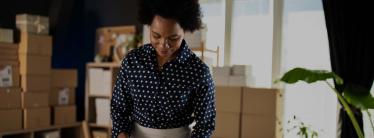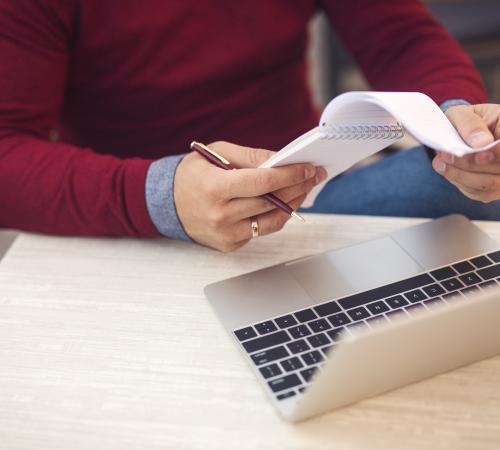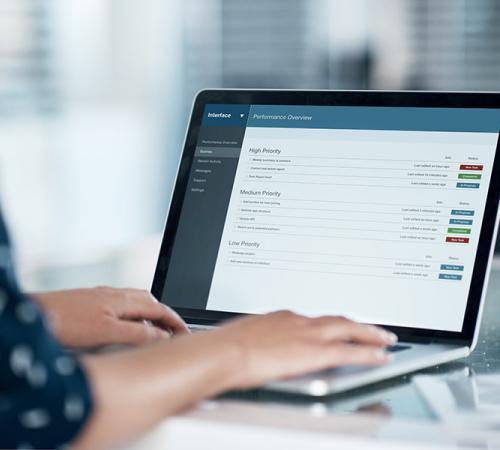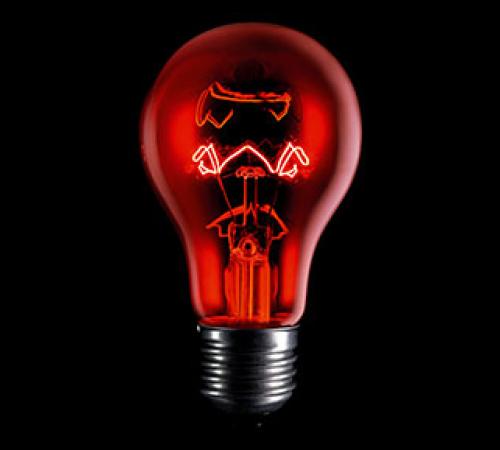

To understand the definitions and types of business assets, and the rules surrounding them, read on.
What are assets in business?
A business asset is something your business owns that delivers value. It can be used to produce goods or services and fund operations. An asset might be a machine, building, computer, stock, materials or intellectual property that is owned by your business or intended primarily for business use.
How do business assets work?
Assets in business contribute to a picture of your business’ worth. As such, they feature on the balance sheet of your firm’s annual report.
A business asset is a resource that you can sell to produce value in the short or long-term, depending on what type of possession it is. Along with liabilities and stockholders’ equity, asset accounts are key aspects of a business balance sheet. Keeping track of these is known as business asset accounting.
Examples of business assets you may list in your accounts include:
- Current assets, such as the money clients owe you
- Fixed assets, such as the buildings and equipment you own
- Intangible assets, such as trademarks and licences.
You’ll list these at historical cost – so there’s no need to calculate the current market value. An appraiser can help you to work out how much your assets’ value adds up to.
Assets are listed on a balance sheet in their order of liquidity. That is, in order of the time it would normally take for them to generate cash.
Your company’s asset list might look something like this:
- Cash
- Marketable securities – assets that can be sold quickly
- Accounts receivable – money owed to your company by other parties
- Inventory – including stock
- Fixed assets
- Intangible assets, such as goodwill.
In many cases, a business asset can be written off as an expense in your documents. This happens by spreading the cost of an asset over the lifespan of its typical use to the company.
For instance, your business has a policy to use company laptops for four years before retiring them. In this case, your accounts will typically calculate depreciation of the asset’s value at one-quarter of its original net cost.
You can also claim capital allowances (external link) when you buy certain assets.
What makes something an asset?
A business asset is defined as something that holds present or future monetary value for your company. It’s what you might sell to generate revenue, use to build goods or improve sales.
Assets in business are different to liabilities – the bills, taxes, overheads and loan payments your company owes to others – but the terms are related. For instance, if you own an office, then this may be an asset. However, if you owe money as part of a commercial mortgage, these payments are instead liabilities. Leased property can be both an asset and a liability.
When you run a small business, it might be difficult to determine what counts as an asset – especially if the lines are blurred between personal and work use.
The criteria used to define a business asset include:
- Ownership – does your business own the asset, or is it a personal item? For something to count as a small business asset, your business – whether this is a limited company or you’re a sole trader – must own or control the item. If another party could try to sell it, it’s likely the item doesn’t count as a business asset.
- Economic value – business assets have a monetary value of some kind, and can almost always be sold for cash. In the few cases where an intangible asset can’t be sold, they will still have economic value as a resource.
- Resource – something must have the potential to generate future economic value to count as a business asset. This might be a work laptop that helps sustain your everyday operations, a tool you use for the services you sell, or an intellectual property licence that paves the way for your business to generate more value.
What are the main types of business asset?
When it comes to assets in business, they can share common features and vary widely. Business assets can be split in two ways: by how easily they can be converted into cash, and their physical characteristics.
We’ll explore some examples of business assets classed as current, fixed and tangible. Each of these assets has a different meaning in business.
Current assets
Current assets, also known as liquid assets, are the things your small business can reasonably expect to sell or use within one year.
Current small business assets include:
- Cash
- Cash equivalents
- Receivables, or money your business is owed
- Stock
- Marketable securities, such as stocks, bonds and shares
- Pre-paid bills.
Fixed assets
Fixed assets are the assets your business keeps for a long time. Under normal circumstances, you won’t expect to use, consume or convert the item into cash within one year.
Fixed small business assets might be:
- Commercial buildings or land you own
- Plant and machinery
- Business vehicles
- Office contents, such as furniture
- Equipment, including tools and computers.
Tangible assets
Tangible assets are the physical items your business owns. They are measurable (that is, you can count them) and they can be damaged by incidents such as theft and storm damage. These are your company’s material resources.
A tangible small business asset might be:
- A vehicle
- Your stock
Intangible assets
Intangible assets, on the other hand, are not physical things – these business assets might be intellectual assets or licences. As a result, it’s sometimes difficult to calculate a fixed value, but intangible assets always have a clear worth to the business.
Intangible small business assets might be:
- Trademarks
- Licences
- Copyrights and intellectual property
- Patents for something you’ve invented
- Trade secrets
- Franchises
- Goodwill, reputation and brand.
What are 3 examples of a company asset?
Examples of company assets include:
- Cash and equivalents. Cash is always the first asset on your balance sheet, but it can be easy to overlook. Cash assets include physical cash, money held in bank accounts, government bonds (known as Glits) and money market funds
- The items you use to get work done have value as tangible items and for your business growth. This goes for company-controlled computers, laptops, smartphones, plus tools such as drills, hairdryers and industrial machines
- If your business owns a design patent for a piece of jewellery or a software script, then these intangible assets matter too.
Useful information for business assets
Asset management
Asset management, also known as portfolio management, is the process by which an individual or business can manage assets they have acquired. The aim is not only to take care of administrative tasks, but to also increase wealth. It is the asset-related arm of financial advice.
A business might task an asset manager with maximising output from tangible assets or mitigating the risk intangible assets might carry.
Business asset finance
Business asset finance is finance that your business takes out from a bank or other lender to grow through the acquisition of an asset. This could be a fleet of vans, or plant machinery, for example.
Different to a standard loan, business asset finance is used specifically for an agreed piece of equipment that can help your business to develop, by, for example winning a new contract or meeting increasing demand for your services.
Business Asset Rollover Relief
When you acquire an asset in business it can grow in value over time. If you later dispose of that asset by selling it (as opposed to giving it away) you can be taxed on any profit you make on that increased value.
Under UK government laws, Capital Gains Tax is payable on the gain you made on what your business paid originally for the asset, meaning, for example, if you sold something for £20,000 that you’d bought for £10,000, you’ve made a gain of £10,000. Therefore, you’d be taxed on that amount.
But under Business Asset Rollover Relief [1] rules you can potentially delay paying the Capital Gains Tax if you use the proceeds of the sale of your business asset to replace it with a newer asset. For example, if you sold an older piece of machinery to buy the new model. Business Asset Rollover Relief is often abbreviated to business asset disposal relief.
If you run an asset management business or perform asset management services for your clients, then you can purchase business insurance for asset management from Hiscox.
References
- Business Asset Rollover Relief - GOV.UK (www.gov.uk)
Disclaimer:
At Hiscox, we want to help your small business thrive. Our blog has many articles you may find relevant and useful as your business grows. But these articles aren’t professional advice. So, to find out more on a subject we cover here, please seek professional assistance.






